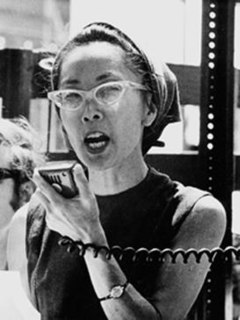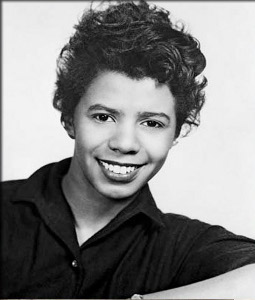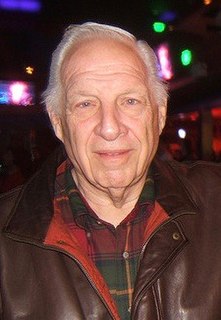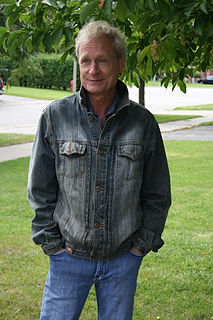A Quote by Alice Walker
Poetry is the lifeblood of rebellion, revolution, and the raising of consciousness.
Quote Topics
Related Quotes
Poetry is a lousy form of activism; it doesn't really change much. And maybe we can point to one or two historical times when a poem has started a revolution or a rebellion or an uprising, but it doesn't happen that often, and if you put the number of poems next to the number of political acts, it would be pretty slim.
Remember that consciousness is power. Consciousness is education and knowledge. Consciousness is becoming aware. It is the perfect vehicle for students. Consciousness-raising is pertinent for power, and be sure that power will not be abusively used, but used for building trust and goodwill domestically and internationally. Tomorrow's world is yours to build.
A status not freely chosen or entered into by an individual or a group is necessarily one of oppression and the oppressed are by their nature (i.e., oppressed) forever in ferment and agitation against their condition and what they understand to be their oppressors. If not by overt rebellion or revolution, then in the thousand and one ways they will devise with and without consciousness to alter their condition
In the States, there has been, compared to the Sixties and Seventies, a huge retrenchment - not just in poetry - into the personal. A withdrawal from thinking in terms of social and collective values, needs and solutions. The consciousness-raising groups of the women's movement, for instance, becoming "support-groups" or therapy groups.
The most important quote about poetry and politics that I know is from a different situationist, Guy Debord. He was locked in a debate with the French Surrealists, many of whom by the 40s and 50s were part of the French communist party apparatus. Many Surrealists eventually argued for instrumentalizing art for political ends. Debord countered, "I don't want to put poetry in the service of revolution. I want to put revolution in the service of poetry".
The Sexual Revolution is a complete rebellion against authority, natural and supernatural, even against the body and its needs, its natural functions of child bearing. This is not reverence for life, it is a great denial and more resembles Nihilism than the revolution that they think they are furthering.







































